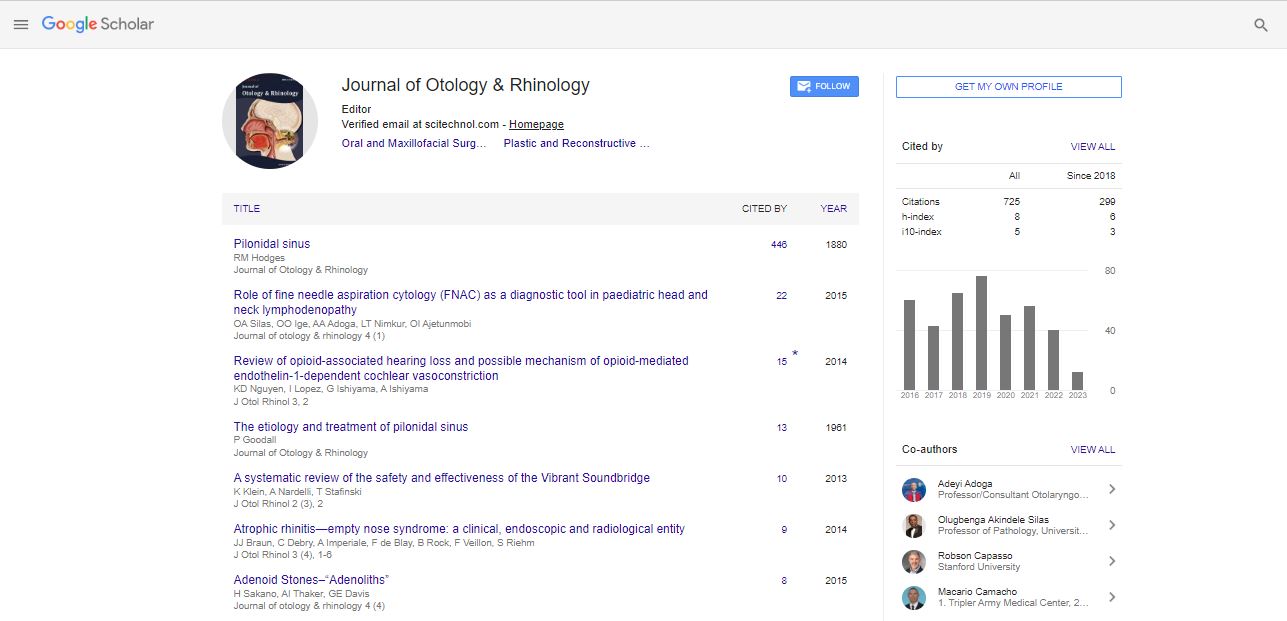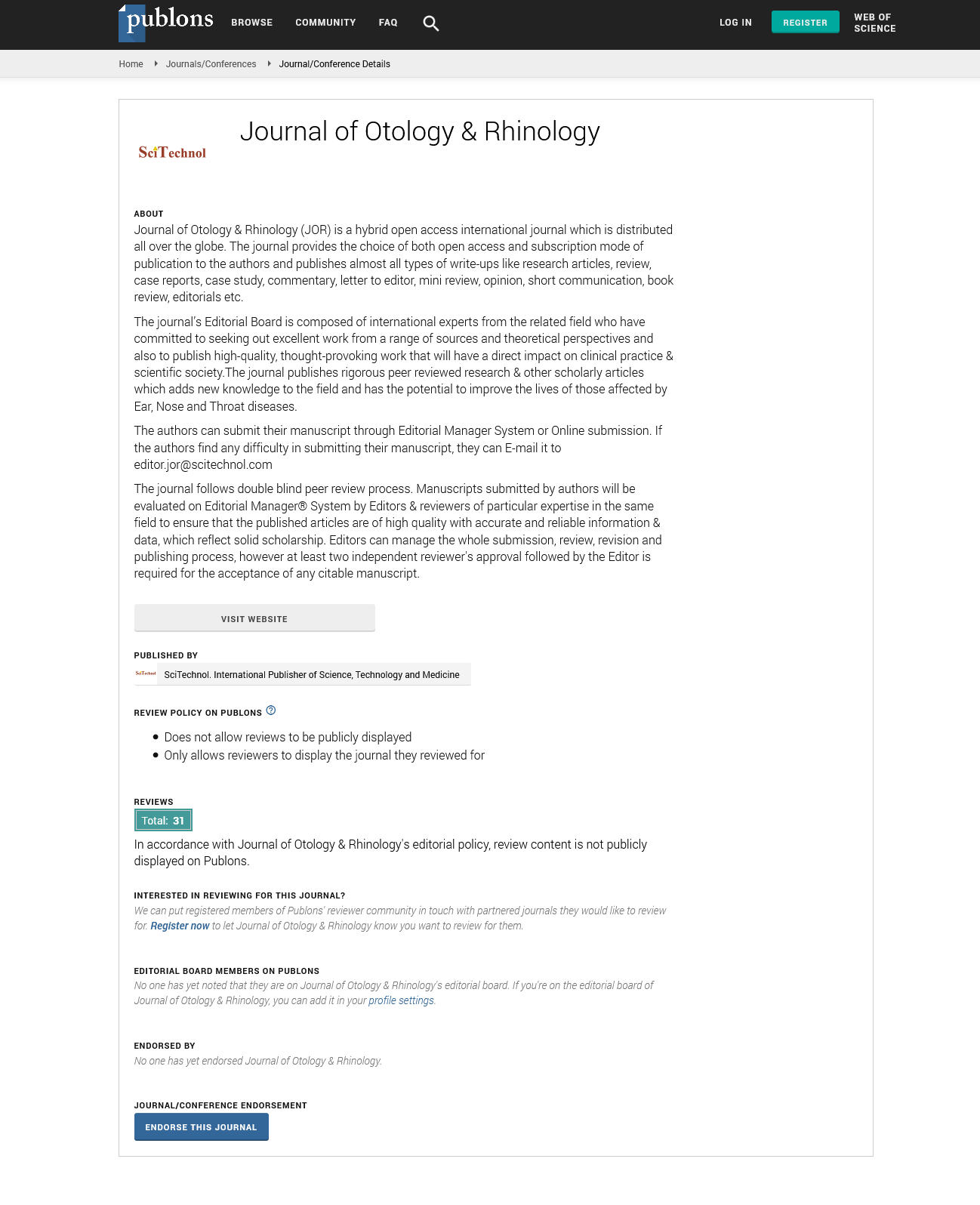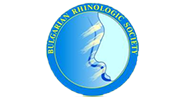Endonasal resection of advanced malignant lesions of skull base and reconstruction with endonasal pericranial flap without craniotomy
Carlos Takahiro Chone
University of Campinas, Brazil
:
Abstract
One of the major challenges of the skull base surgery is reconstruction of dural defect, especially after resection of malignant lesions. During a craniofacial resection, the standard reconstructive technique is the repair of the dural defect with graft of fascia lata and rotation of a pericranial flap. With this technique, the incidence of cerebrospinal fluid leak in the postoperative period is less than 10%. The introduction of endoscopic techniques and an endonasal approach to the ventral skull base has created new challenges to such reconstruction. During the last decade, modifications of the reconstructive skull base technique decreased the rate of cerebral spinal fluid (CSF) leak from 30% to less than 5%, with vascularized tissues. Options for defects of anterior base are fascia lata, synthetic dura mater or vascularized flaps as nasoseptal (Hadad-Bassagasteguy), inferior turbinate, lateral nasal wall and pericranium flap. The pedicled nasoseptal flap is resistant and versatile, however, in advanced malignant tumors, nasoseptal flap may not be available as resected for oncologycal purposes or defect is too large. In these cases, the reconstruction options include multilayered nonvascularized grafts or regional pedicled flaps. The pericranial flap of scalp without craniotomy for such reconstructions is a valuable tool, usually for open craniofacial oncological resection as a standard fashion, but even for endonasal approach, with reduction of the incidence of CSF leak and postoperative morbidity. Our objective is to reinforce the reported technique of endoscopic reconstruction for defects in the ventral skull base with this technique with five consecutive cases treated with a minimum follow-up of two years.
Biography
Carlos Takahiro Chone has his expertise in Surgical Treatment of Head and Neck Cancer. He is Head of Head and Neck Division, Department of Otolaryngology Head and Neck at State University of Campinas, Brazil. He is In-charge of Skull Base Surgery Clinic at his institution. He is a Professor in Department of Otolaryngology Head and Neck since 2000.
Email: carloschone@uol.com.br
 Spanish
Spanish  Chinese
Chinese  Russian
Russian  German
German  French
French  Japanese
Japanese  Portuguese
Portuguese  Hindi
Hindi 


